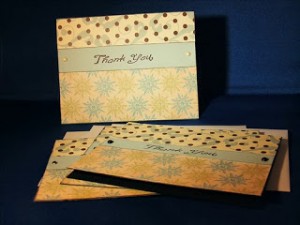A few applicants have asked me whether it’s wise during the interview, in thank you notes, or in letters of interest to tell an institution that it’s your first choice. My response: Yes, if it’s true. It’s not wise or ethical to tell all institutions that they’re your first choice. I can assure you from experience that faculty across the country speak to one another. And you may see these selection committee members again.
I remember an applicant who told our institution that we were his first choice. He was ranked to match but didn’t because he had ranked another residency over us. After that, my colleagues were pretty clear that they wouldn’t forget this deceptive behavior if they interacted with him professionally in the future (seeking a job, seeking a national committee position). (I felt less frustrated: It’s possible he simply changed his mind at the last minute!)
Medicine is a small world; make sure to demonstrate integrity and collegiality.

 I get asked by clients about the best way to send post-interview thank you notes – email versus snail mail. I strongly advise sending hand-written notes. Email can be viewed as less labor-intensive or thoughtful.
I get asked by clients about the best way to send post-interview thank you notes – email versus snail mail. I strongly advise sending hand-written notes. Email can be viewed as less labor-intensive or thoughtful.